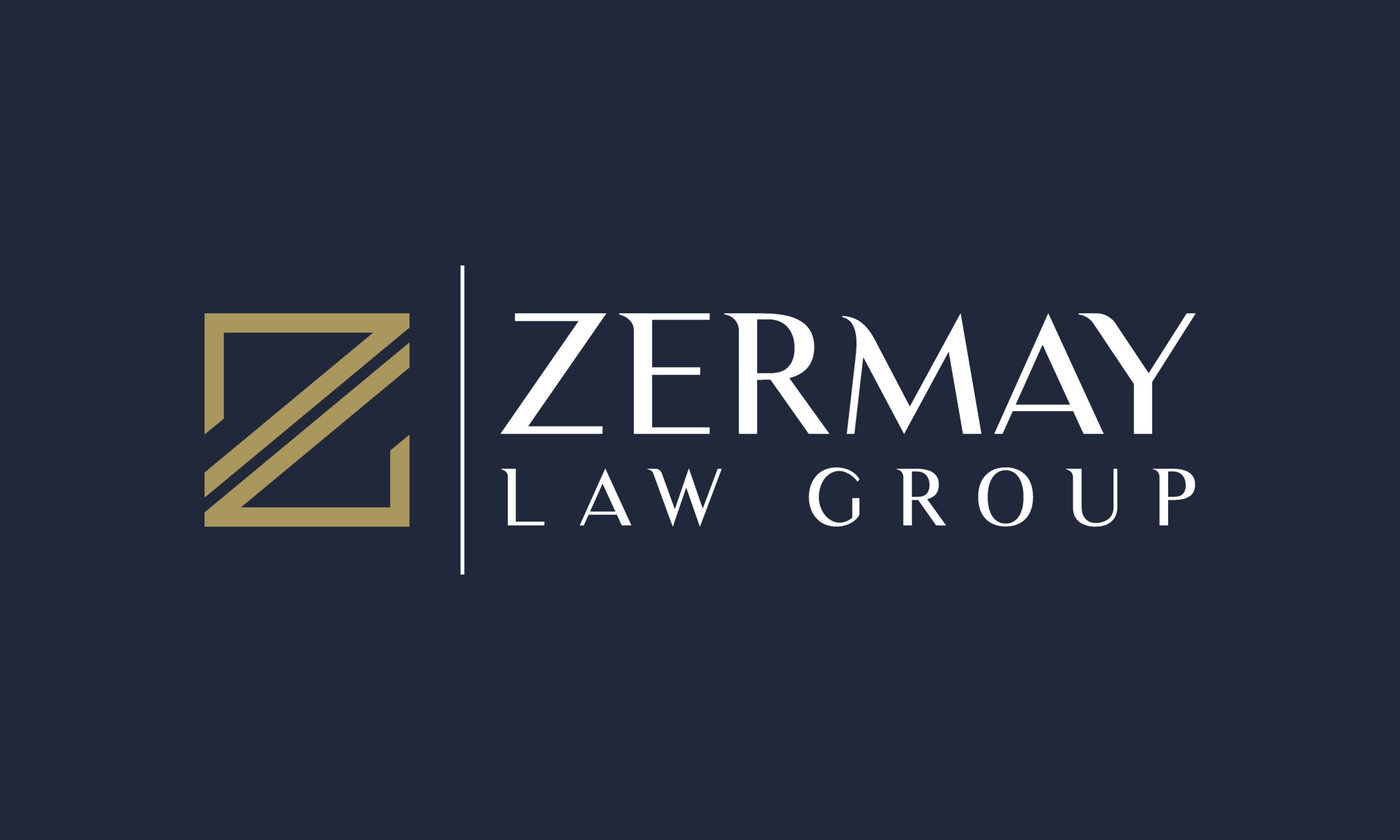Most Debts Do Die with the Deceased…
Overall, while it is true that many Americans may die in debt, their relatives are usually not responsible for paying off their debts. However, the deceased person’s estate is responsible for paying off any outstanding debts, which may impact the inheritance that surviving family members receive.
The estate is responsible for paying off any outstanding debts. This means that the deceased person’s creditors may file a claim against the estate for any money that is owed to them. The executor or administrator of the estate is responsible for managing the assets of the estate, including paying off debts.
If the estate does not have enough assets to pay off all of the debts, the remaining debts may be discharged. This means that the creditors will not be able to collect the outstanding debts. However, it is important to note that any co-signers or joint account holders on the debts may still be responsible for paying them off.
It is also important to note that the probate process can be lengthy and complicated, especially if there are disputes among family members or creditors. It may be beneficial to consult with an attorney who specializes in probate and estate planning to ensure that the process goes smoothly.
Overall, while it is true that many Americans may die in debt, their relatives are usually not responsible for paying off their debts. However, the deceased person’s estate is responsible for paying off any outstanding debts, which may impact the inheritance that surviving family members receive.



0 Comments